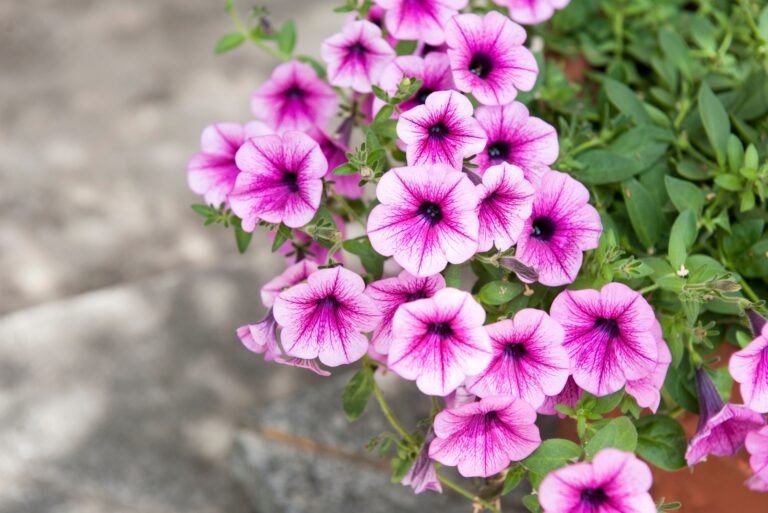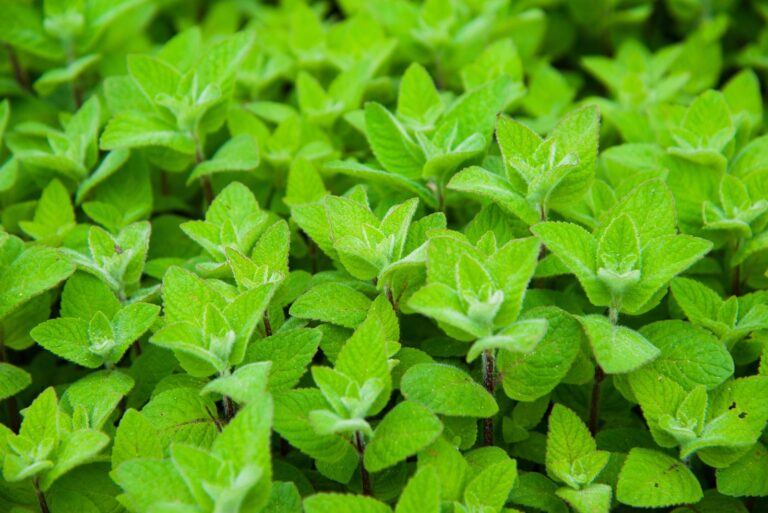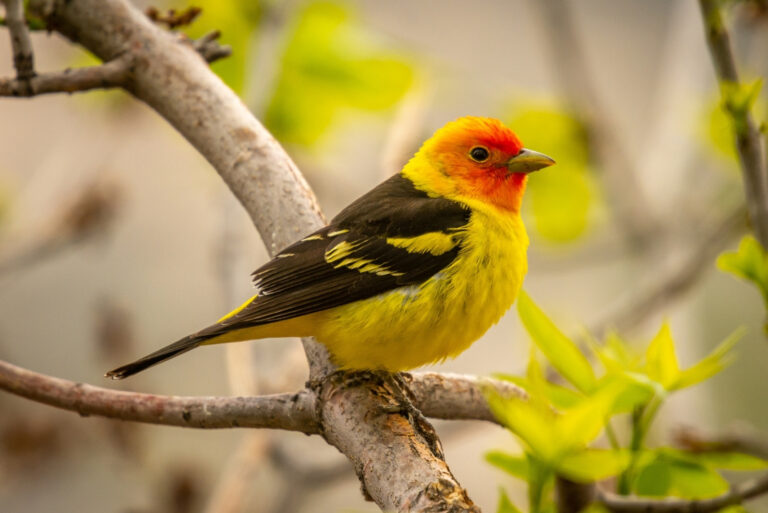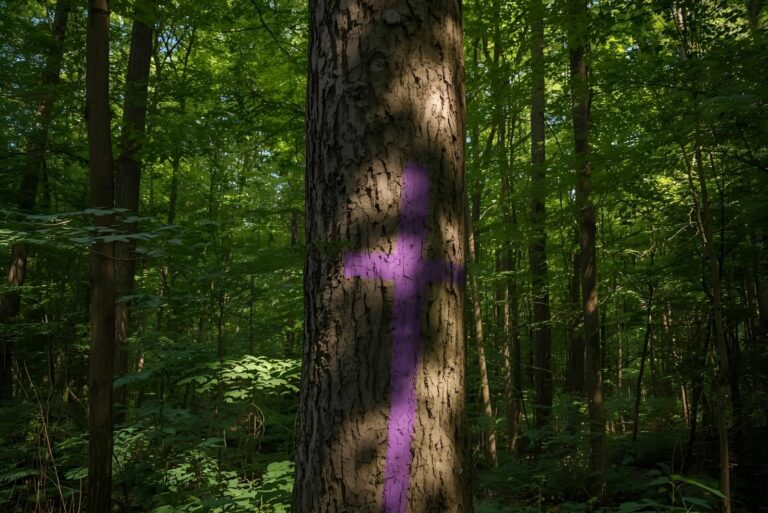Why African Daisies Act Like Perennials In California Yards
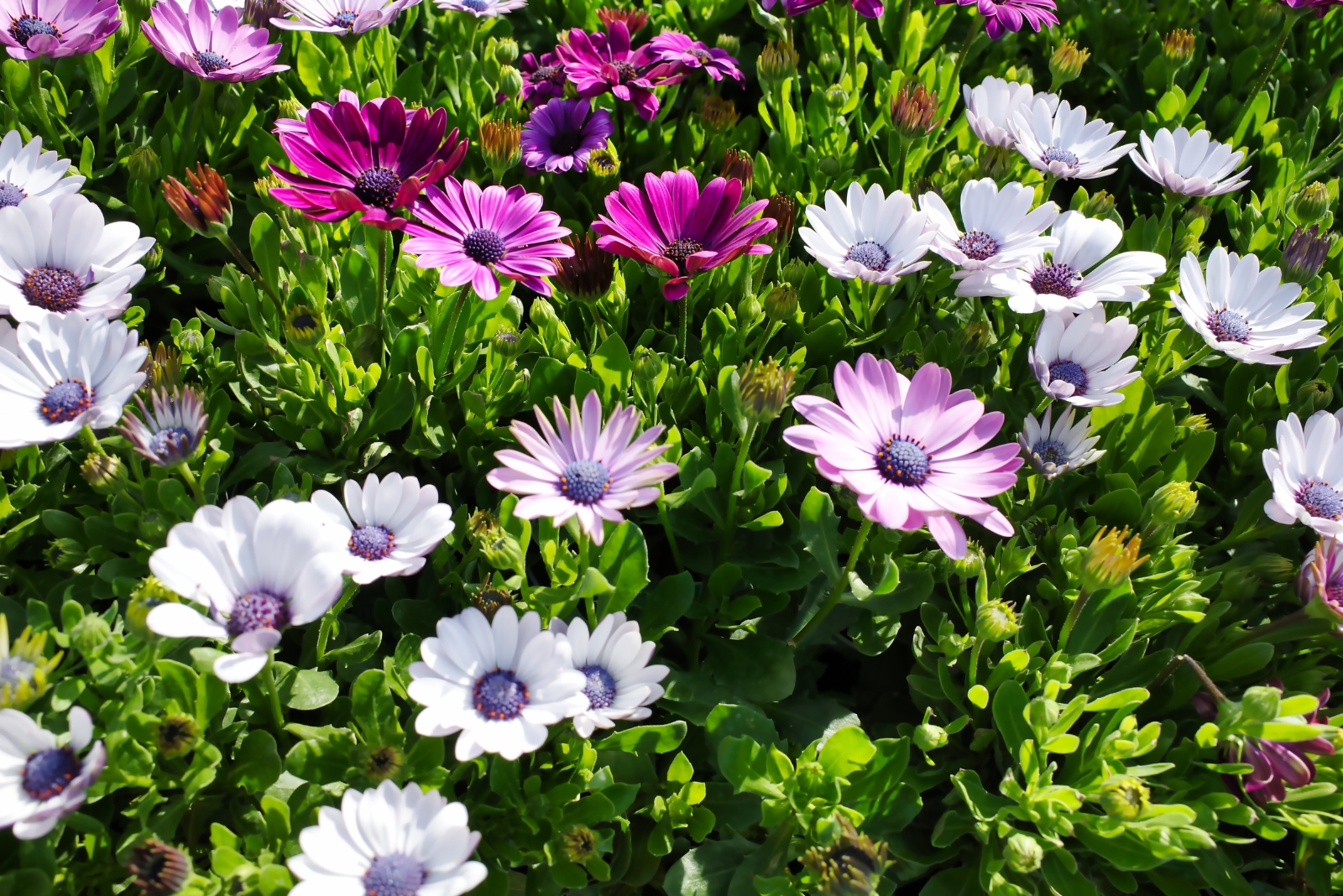
California gardeners love how African daisies keep coming back, and I’ve noticed they behave almost like they refuse to quit blooming. The mild climate gives them exactly the kind of boost they need to stick around longer than expected.
Even after rough spells, they bounce back with that bright, cheerful look. Their stay-power is why so many Californians treat them like long-term favorites instead of seasonal guests.
1. California’s Mild Winter Temperatures
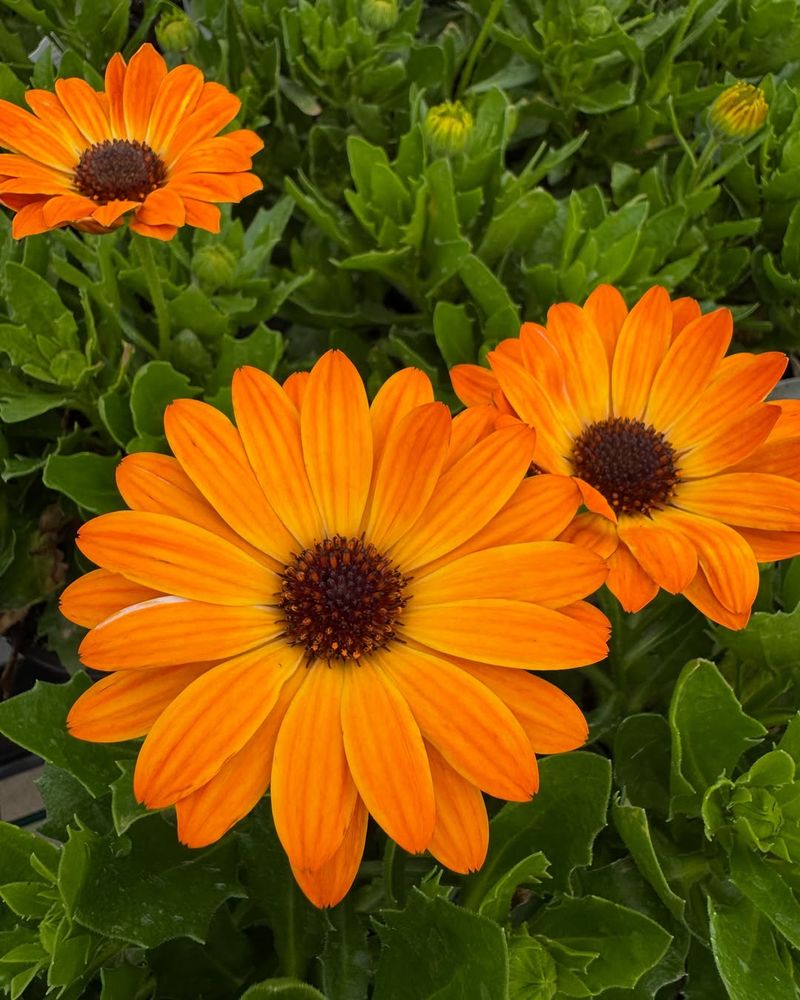
Most of California enjoys winters that rarely dip below freezing, creating perfect conditions for African daisies to survive year-round. While gardeners in colder states watch their annuals fade away each fall, California residents see these vibrant blooms persist through the cooler months.
African daisies originally come from South Africa, where the climate mirrors California’s Mediterranean weather patterns. The plants simply rest during winter rather than succumbing to harsh conditions.
Coastal areas and southern regions provide especially ideal temperatures, allowing the roots to stay healthy and ready for spring growth.
2. Low Humidity Levels Prevent Disease
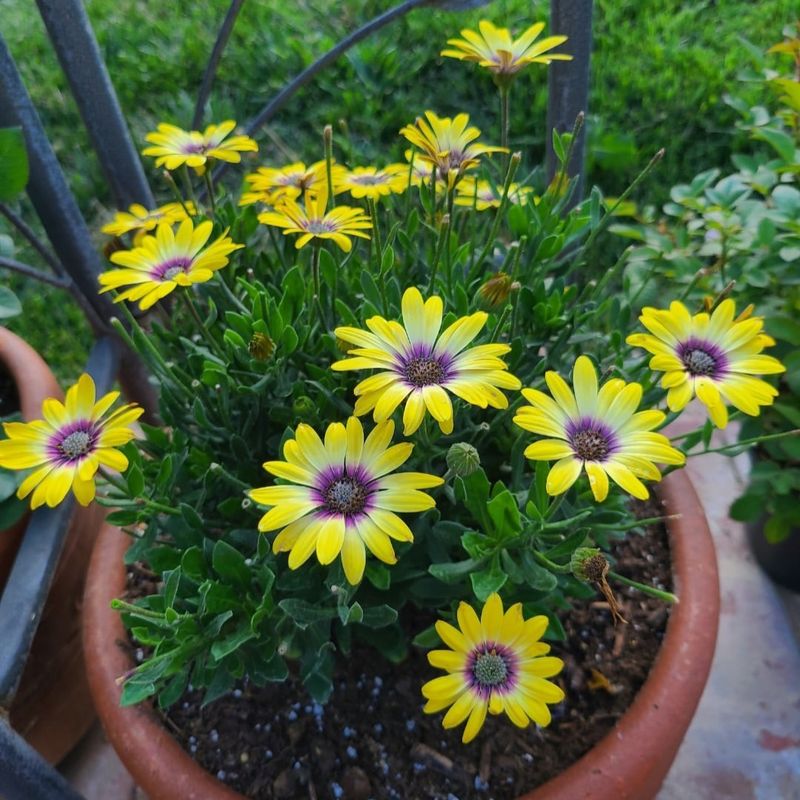
California’s naturally dry air keeps African daisies healthier than in humid climates where fungal problems and rot can shorten their lifespan. Gardeners across the Golden State benefit from this environmental advantage without applying extra treatments or chemicals.
When moisture hangs in the air for extended periods, plant diseases spread quickly and weaken root systems. California’s arid conditions create a hostile environment for these harmful pathogens.
The combination of sunshine and low humidity means your African daisies can focus energy on blooming rather than fighting off infections that plague gardens elsewhere.
3. Well-Draining Soil Conditions
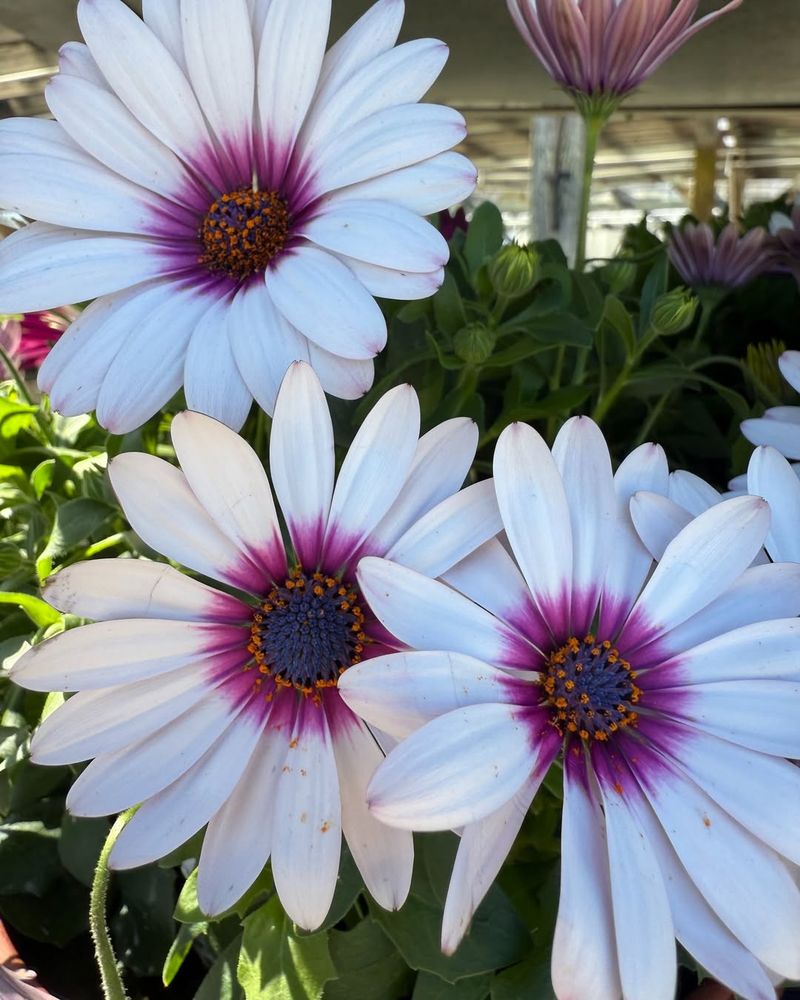
Many California yards feature sandy or rocky soil that drains water quickly, which happens to be exactly what African daisies prefer. Soggy roots spell trouble for these plants, but California’s natural soil composition prevents waterlogging issues.
Gardeners in states with heavy clay soil often struggle to keep African daisies alive through wet seasons. California residents rarely face this challenge since excess water moves through the ground efficiently.
Adding mulch or compost enhances drainage even further, giving your plants the perfect foundation to return season after season with minimal effort required.
4. Extended Growing Season
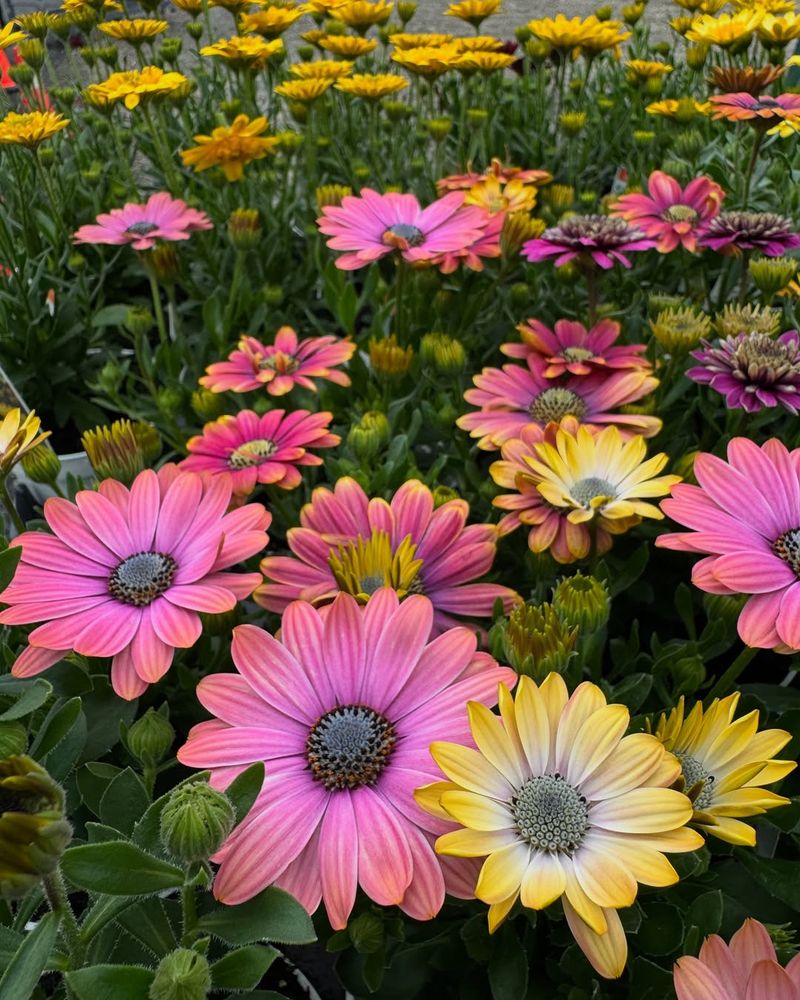
California’s long stretches of warm weather give African daisies more time to establish deep, strong root systems that support perennial behavior. Unlike northern states where growing seasons last just a few months, California plants enjoy eight to ten months of favorable conditions.
Longer growing periods mean the plants can store more energy in their roots before any cooler weather arrives. This stored energy fuels regrowth when temperatures warm up again.
Southern California gardeners sometimes see blooms nearly year-round, making it hard to tell when one season ends and another begins with these persistent flowers.
5. Minimal Frost Exposure
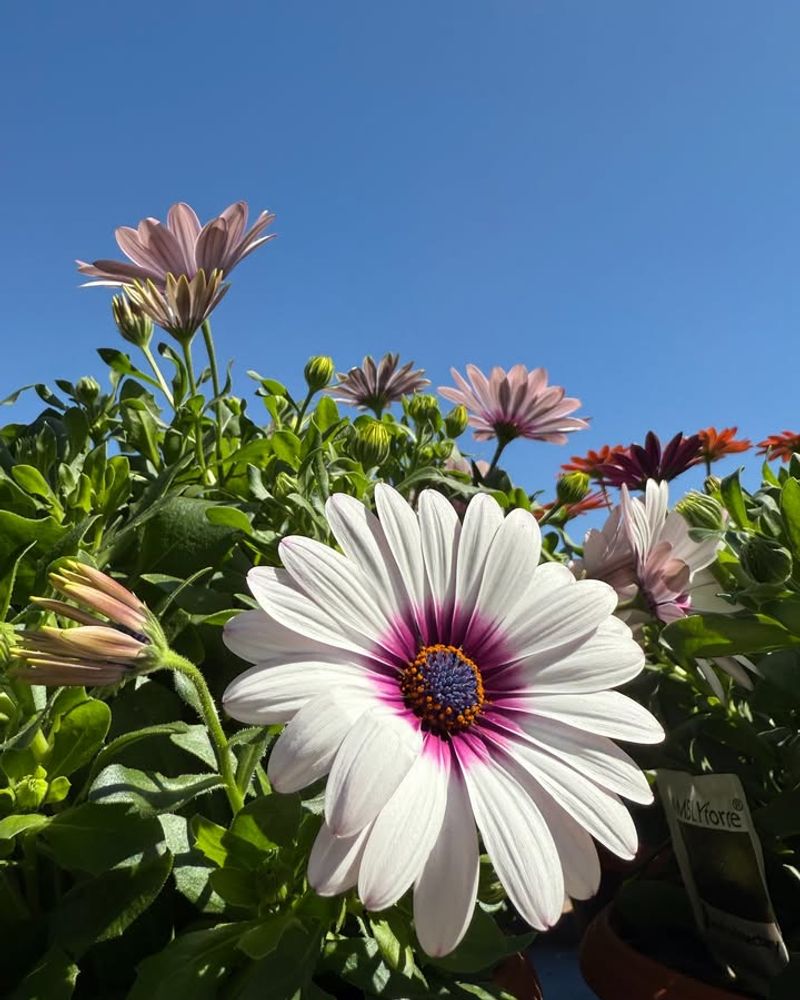
Frost can damage tender plant tissues, but most California regions experience very few frosty mornings throughout the year. African daisies take advantage of this protection, keeping their foliage and root crowns intact when winter arrives.
Gardeners in the Central Valley or inland areas might see occasional light frost, yet it rarely lasts long enough to harm established plants. Coastal California residents almost never worry about frost damage at all.
Even if the top growth looks a bit tired after a cold snap, the roots remain alive underground, ready to push out fresh leaves once sunshine returns.
6. Abundant Sunshine Year-Round
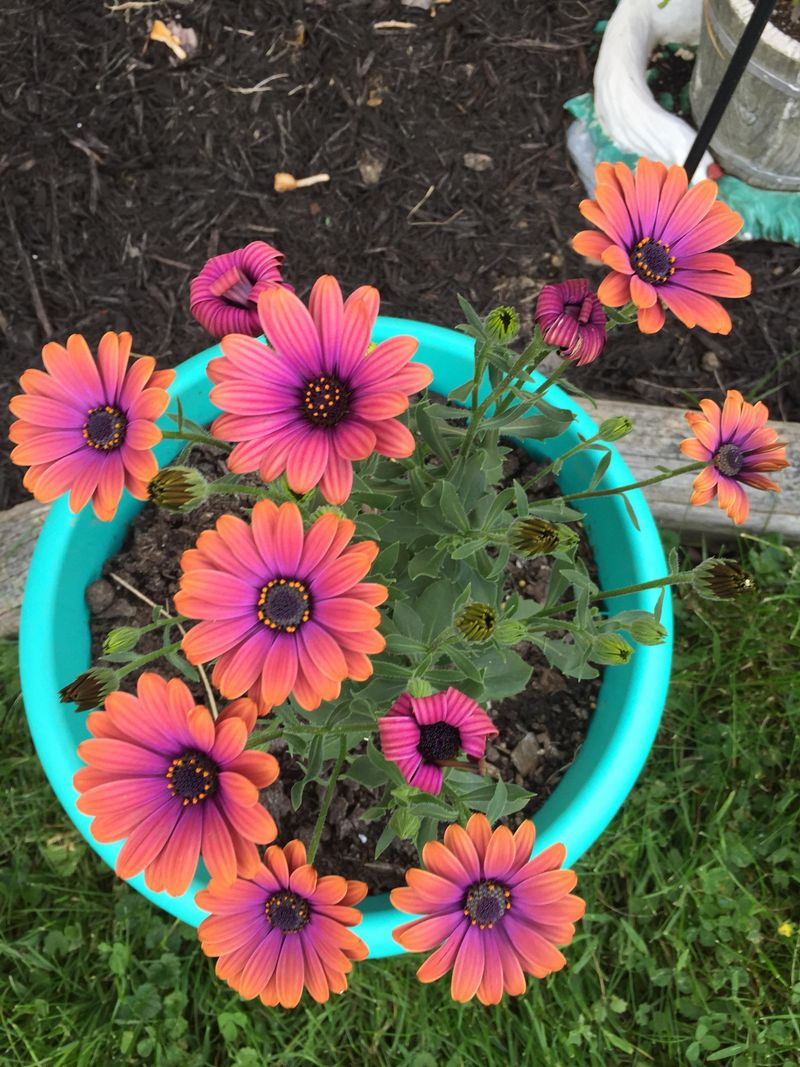
California is famous for its sunny days, and African daisies absolutely thrive under bright light conditions that last throughout the year. Cloudy, overcast climates stress these sun-loving plants, but California provides the ideal environment for continuous photosynthesis and energy production.
Plants that receive consistent sunlight develop stronger stems and more extensive root networks. California’s reliable sunshine means your African daisies never enter a prolonged dormant state from lack of light.
Even during winter months, sunny days encourage the plants to maintain some growth activity, keeping them vigorous and ready to explode with color come spring.
7. Natural Adaptation to Mediterranean Climate
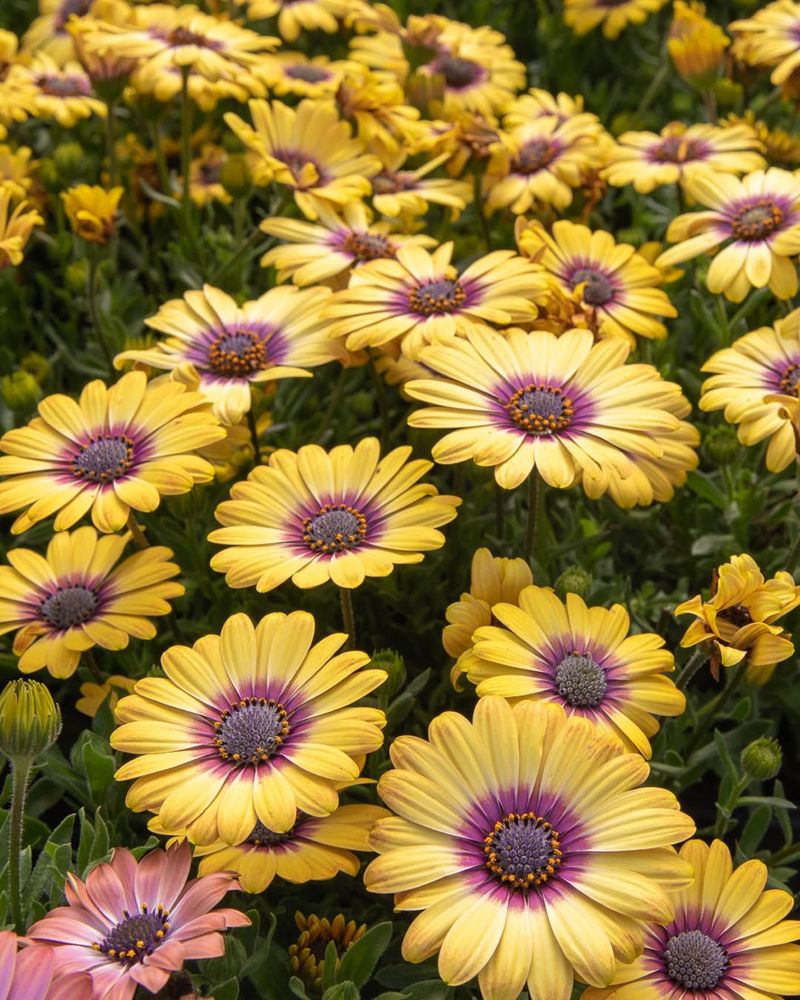
African daisies evolved in regions with wet winters and dry summers, which perfectly matches California’s Mediterranean climate pattern. This natural compatibility means the plants are already programmed to handle California’s seasonal rhythms without struggling.
While gardeners in other states fight against their local climate, California residents work with conditions that feel like home to African daisies. The plants don’t need to adapt because the environment already suits their biological needs.
California’s climate zones mirror the native habitats of these flowers so closely that acting like perennials becomes the natural response rather than an unusual occurrence.


